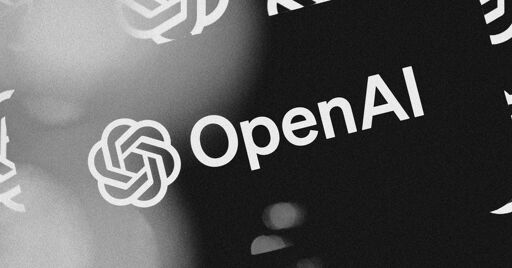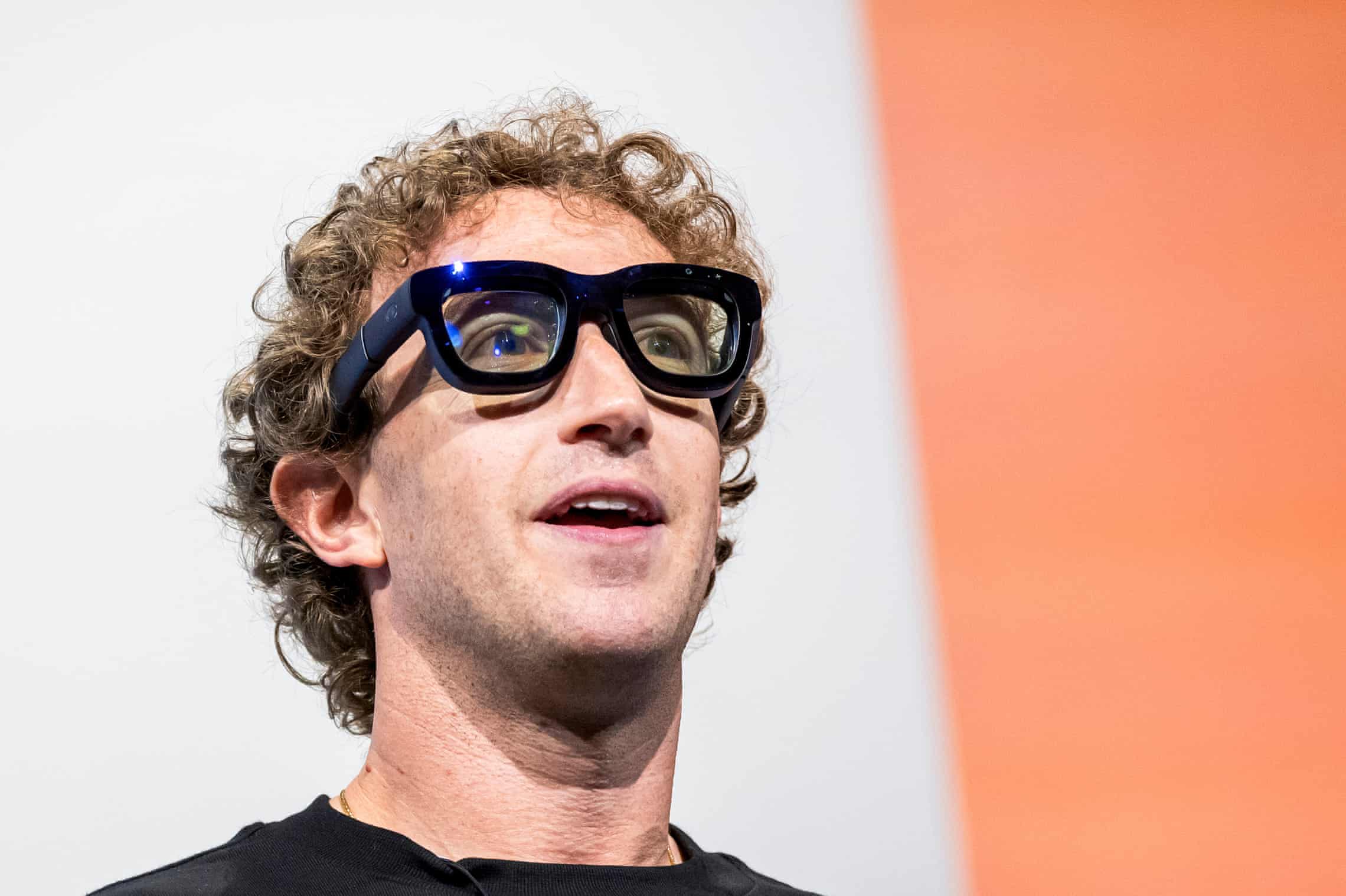Paul McCartney and Dua Lipa urge UK Prime Minister to rethink his AI copyright plans. A new law could soon allow AI companies to use copyrighted material without permission.
-
Because pretty much nobody wants it or likes it.
I think you're mistaken -- there are a large number of people who vehemently dislike it, why is probably why you think that.
-
I genuinely feel like I'm talking to a wall here.
That's because you don't understand what copyright legally is.
-
Torrent means you download and also upload to others when you have some parts.
No, not really. First of all, you can disable uploads. Second, you can use a seed box hosted in a country which doesn't prosecute uploaders. So, you can be clean for all legal intents and purposes.
-
Oh I agree money talks in the US justice system, but as the page shows, these laws also exist elsewhere, such as in the EU. And even if I or you don't agree with them, they are still the case law that determines the legality of these things. For me that aligns with my ethical stance as well, but probably not yours.
I know they exist outside the US. I'm European. But there are too many terms of use that say that in case of problems they go to courts in the US that they will do everything on their hand to do the sameifn this case.
-
No, not really. First of all, you can disable uploads. Second, you can use a seed box hosted in a country which doesn't prosecute uploaders. So, you can be clean for all legal intents and purposes.
Except the default is sharing. So, if you disable the upload you are leeching on purpose. That can be used against you in court. You did what you did for profit and not for sharing.

 ️
️ -
No. And that's the point...
So if it can't function properly without other people's work deciding what the art will look like that's called copying.
If human beings get shit for copying famous art or tracing we need to hold AI to the same standard.
-
How is disney going to make its money without copyright and patent laws?
How will their movies sell if it's legal for anyone to copy and redistribute them?
How will they make as much money off of merchandise if they have to legally compete with people who don't hold copyrights to their IP?
The only "Lol" here is how proud you people are for being useful idiots. This is why things are the way they are.
Because they have the money to advertise all of the better financed projects they would be allowed to steal.
Wanting copywright to be gone means you intend to steal from others, you aren't robin hood lol
-
All our fault for not having strong citizen watchdogs
We're all too busy playing fortnite and watching marvel movies.
I'm planning food and will share. Problem is, well...
-
I'm not moving any goalposts nor am I making any assumptions. You are upset because rather than learn from your cognitive dissonance, you attack the person who calls it out.
Also leave you naive childish and idiotic anti-whatever proselytizing for you racist uncle over thanksgiving dinner.
Hey, you're the one who's arguing to exacerbate the disparity in wealth. Not me.
Ok. Fine. I'll bite.
My original comment was about protecting intellectual property from theft, you responded with some bullshit about landlords charging too much rent which has nothing to do with intellectual theft. That is a textbook definition of moving the goal post.
Then you made assumptions about what I may or may not believe or think.
And now in this most recent comment you are asserting something that I did not say. I'm not arguing for or against the disparity in wealth.
Are you going to address my question? How do you propose that people who create intellectual property be compensated for their property? How do you propose you protect these people from intellectual theft? Please refrain from responding with anything other than the answer to this question I want you to propose a mechanism that will protect people from intellectual theft.
ONCE AGAIN THIS IS ABOUT INTELLECTUAL THEFT.
Also stop using the term cognitive dissonance you clearly have no clue what it means.
-
So if it can't function properly without other people's work deciding what the art will look like that's called copying.
If human beings get shit for copying famous art or tracing we need to hold AI to the same standard.
Copy
- noun
a. an imitation, transcript, or reproduction of an original work (such as a letter, a painting, a table, or a dress)
b. one of a series of especially mechanical reproductions of an original impression
c. matter to be set especially for printing; also: something considered printable (such as an advertisement or news story)
- verb
a. to make a copy or copies of
b. to model oneself on
c. to transfer (data, text, etc.) from one location to another, especially in computing
I can't believe I just had to provide you with a definition of the word copy.
Are you freaking serious!!!
Being inspired by and creating an original production is not the same as copying if that original work is inspired by other artists!!!
By your definition of copying because Elvis Presley was inspired by Muddy Waters they made the exact same music!
LLMs don't produce copyrighted material they take inspiration from the training data so to speak. They create original productions.
In the same way that you can envision the Mona Lisa in your head but you couldn't paint it by hand.
- noun
-
Except the default is sharing. So, if you disable the upload you are leeching on purpose. That can be used against you in court. You did what you did for profit and not for sharing.

 ️
️Lol wut?
-
Copy
- noun
a. an imitation, transcript, or reproduction of an original work (such as a letter, a painting, a table, or a dress)
b. one of a series of especially mechanical reproductions of an original impression
c. matter to be set especially for printing; also: something considered printable (such as an advertisement or news story)
- verb
a. to make a copy or copies of
b. to model oneself on
c. to transfer (data, text, etc.) from one location to another, especially in computing
I can't believe I just had to provide you with a definition of the word copy.
Are you freaking serious!!!
Being inspired by and creating an original production is not the same as copying if that original work is inspired by other artists!!!
By your definition of copying because Elvis Presley was inspired by Muddy Waters they made the exact same music!
LLMs don't produce copyrighted material they take inspiration from the training data so to speak. They create original productions.
In the same way that you can envision the Mona Lisa in your head but you couldn't paint it by hand.
You know copying literal brushstrokes and traces identifiable from real artists is different than be8ng inspired, it's amazing the level of denial you cultists will self induce to keep it making sense.
Your god is not valuable enough to give more rights than human beings. Sorry
I don't care what techbro conmen told you.
AI will never be a replacement for acrual creativity, and is already being legislated against properly in civilized countries.
- noun






